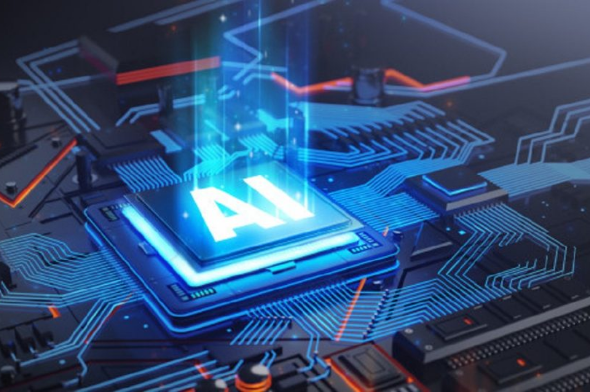Connection to DriversCloud Create a DriversCloud.com account Reset your DriversCloud.com password Account migration
The impact of AI on game testing and quality assurance
AI, or artificial intelligence, refers to machines or programs capable of performing tasks that require human intelligence. Over the past year, artificial intelligence has taken on a new dimension. In games, for example, it can be used to create characters, environments, scenarios and game mechanics. But AI also has an impact on game testing and quality assurance, which are essential steps in guaranteeing reliability, security and player satisfaction. Would you like to find out more? Follow us.
The importance of VPNs for AI-based games
A VPN, or virtual private network, is a service that creates a secure, anonymous connection between your computer and the Internet. A VPN protects your identity, data and online activity, by masking your IP address, encrypting your traffic and bypassing geographic restrictions.
A VPN allows you to access games that are not available in your country, by connecting to a server located in another region. For example, with a VPN free trial, you can play games that are banned or censored in your country, or that are exclusive to certain markets.
A VPN gives you an extra layer of security, preventing intruders from accessing your sensitive data. If you're a lover of technology and enjoy downloading drivers for your Windows PCs, then a VPN will undoubtedly come in handy.
The benefits of AI for game testing and quality assurance
Using AI for game testing and quality assurance has many advantages, for developers and gamers alike. Here are just a few examples:
AI can reduce the time and cost of testing and QA, by automating certain tasks, such as bug detection, feature verification, report generation and so on. It can also help withdriver installation. Let's just say that artificial intelligence makes for greater efficiency, productivity and profitability.
It also helps to improve game quality and performance, by optimizing certain aspects such as playability, difficulty, compatibility, stability and so on. In this way, AI guarantees an optimal gaming experience, with no errors, no crashes, etc.
Artificial intelligence also increases player satisfaction and loyalty, by adapting the game to their needs, expectations and desires. AI makes it possible to offer personalized, interactive, immersive and evolving games.
The evolution of AI-driven testing methods in the gaming industry
The integration of artificial intelligence (AI) into the video game industry has considerably transformed traditional game testing and quality assurance methods. AI can now automate many testing tasks, such as bug detection, performance optimization and security, reducing the time needed to test a game while improving its overall quality.
This evolution has major implications for the video game industry. Developers can now publish better quality games in a shorter time, helping them to stay competitive in a constantly evolving market.
However, this also raises questions about the future of the traditional game testing profession, and the need for industry professionals to adapt to the new technologies and skills required in an ever-changing game development environment.
The drawbacks of AI for game testing and quality assurance
Theuse of artificial intelligence for game testing and quality assurance also has its drawbacks, which need to be taken into account and anticipated.
AI can present limitations and biases, which can affect the reliability, safety and ethics of the game.
Indeed, it may be imperfect, incomplete or unsuitable, depending on the data, algorithms or objectives used.
AI can thus cause errors, flaws or discrimination, which can harm the game, developers or players.
Artificial intelligence can have consequences and impacts that call into question the creativity, diversity and humanity of games. Simply put, AI can replace, imitate or surpass human abilities, talents or emotions.
Given that it is humans who control artificial intelligence, the results the latter proposes should be carefully analyzed for a good final result. Let's just say, then, that these drawbacks could be avoided.






